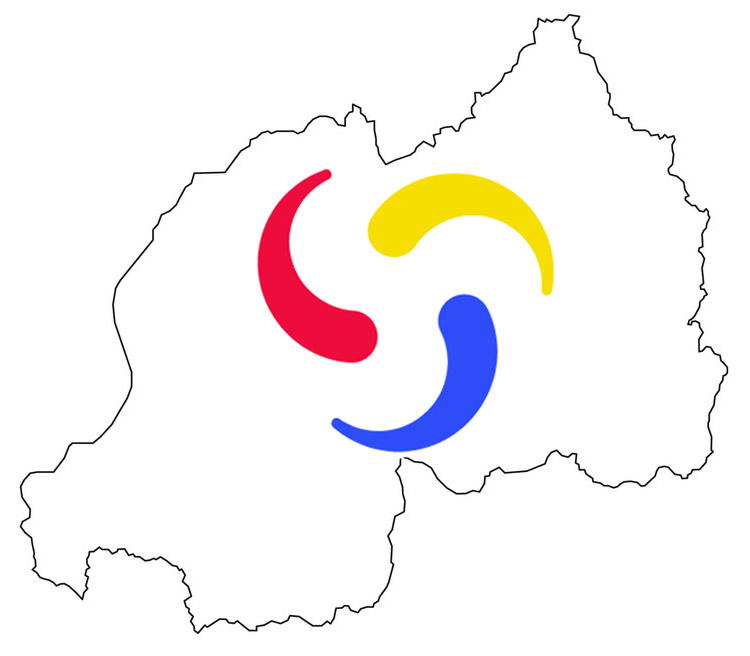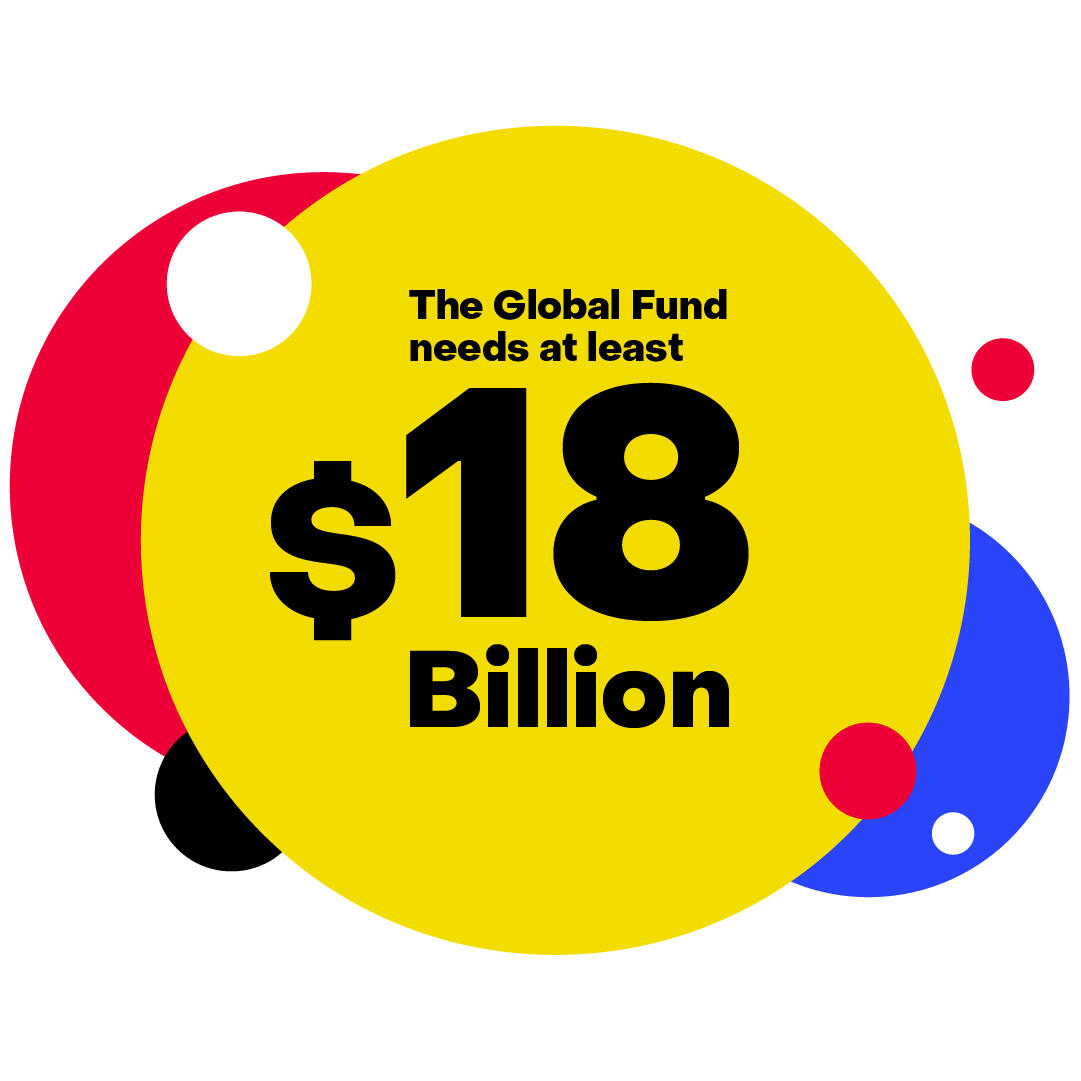- Presidents of DRC, Kenya, Rwanda, Senegal and South Africa join global leaders, communities, civil society organizations and private sector partners to kick off the Global Fund’s Seventh Replenishment campaign.
- US$18 billion would save 20 million lives, cut HIV, TB and malaria deaths by 64% and strengthen health systems to reinforce pandemic preparedness.
GENEVA – The Global Fund to Fight AIDS, Tuberculosis and Malaria and the presidents of the Democratic Republic of the Congo, the Republic of Kenya, the Republic of Rwanda, the Republic of Senegal, and the Republic of South Africa launched the Global Fund’s Seventh Replenishment campaign today at a global health summit held virtually.
"We are extremely grateful to their Excellencies Presidents Kagame, Kenyatta, Ramaphosa, Sall, and Tshisekedi for co-hosting the high-level Preparatory Meeting to launch the Global Fund’s Seventh Replenishment," emphasized Dr. Donald Kaberuka, Chair of the Global Fund Board. "This demonstrates their commitment and leadership in the fight against the three epidemics within their respective countries and illustrates Africa's strong engagement and partnership with the Global Fund. Today, they are calling on the world to join them in their determination to reach this ambitious goal to end HIV, TB and malaria by 2030 and build strong national health systems to respond to emerging pandemics."
The Global Fund’s Investment Case, released today, explains the need for US$18 billion to get back on track to end AIDS, TB and malaria, accelerate progress toward the Sustainable Development Goal (SDG) 3 of “health and well-being for all” and universal health coverage, and strengthen pandemic preparedness.
A successful Replenishment would allow the partnership to:
- Save 20 million lives between 2024 and 2026, reducing the mortality rate by 64% across the three diseases by 2026, relative to 2020 levels.
- Avert more than 450 million infections or cases, reducing the incidence rate by 58% across the three diseases by 2026, relative to 2020 levels.
- Reduce the death toll across the three diseases to 950,000 in 2026, down from 2.4 million in 2020, and from 4 million in 2005.
- Catalyze the scale-up of domestic investments of up to US$59 billion toward ending the three diseases and strengthening systems for health through co-financing requirements and technical assistance on health financing.
- Reinforce systems for health and pandemic preparedness by investing approximately US$6 billion to support health care workers; strengthen laboratories, diagnostic tools, supply chain management, information and financial systems; tackle antimicrobial resistance, including drug-resistant TB; reinforce community systems; and accelerate the shift toward patient-centered, differentiated models of care.
- Yield a return on investment of 1:31 with every dollar invested in fighting the three diseases resulting in US$31 in health gains and economic returns, further contributing to the achievement of the overall SDG agenda.
In the 20 years since the Global Fund was created, the partnership has saved 44 million lives and cut the death toll from the three diseases by 40%. But the Global Fund’s Results Report revealed significant progress has been lost because of the COVID-19 pandemic and global resource needs have increased. This is why the Global Fund funding needs are higher than in 2019 for the Sixth Replenishment.
"In the face of the catastrophic impact of COVID-19 on the fight against HIV, TB and malaria, the choice is stark: We either increase funding, or we abandon hope of finally defeating these epidemics by 2030,” said Peter Sands, Executive Director of the Global Fund. "We must increase support to countries to build more resilient, sustainable and inclusive systems for health. This is crucial for ending HIV, TB and malaria, defeating COVID-19 and protecting people from future infectious disease threats around the world."
With 20 years’ experience bringing together world leaders, communities, civil society, health workers and the private sector to fight the world’s deadliest pandemics, the Global Fund partnership is uniquely positioned to support countries to fight HIV, TB and malaria, strengthen their systems for health and prepare for future pandemics.
The Global Fund’s ambitious new Strategy puts people and communities at the center, intensifies the focus on building people-centered and integrated systems of health, including community systems, and reinforces the emphasis on tackling the inequities, human rights-related barriers and gender inequalities that hinder progress against the three diseases. The Strategy also recognizes the vital role the Global Fund can play in pandemic preparedness and response. By leveraging the synergies between investments to fight existing diseases and investments to prevent, detect and respond to new threats, the Global Fund can maximize the impact of every dollar.
“When the Global Fund was created 20 years ago, HIV, TB and malaria seemed unbeatable,” said Lady Roslyn Morauta, Vice-Chair of the Global Fund Board. “But we have proven that with science, adequate resources and effective global and local collaboration, we can force even the deadliest diseases into retreat. Ahead of the Global Fund’s Seventh Replenishment, and less than a decade to the United Nations Sustainable Development Goals, we call the entire partnership to mobilize to increase financial resources to fight and defeat the three diseases.”
The United States President Joe Biden will host the Global Fund’s Seventh Replenishment Conference later in 2022.

